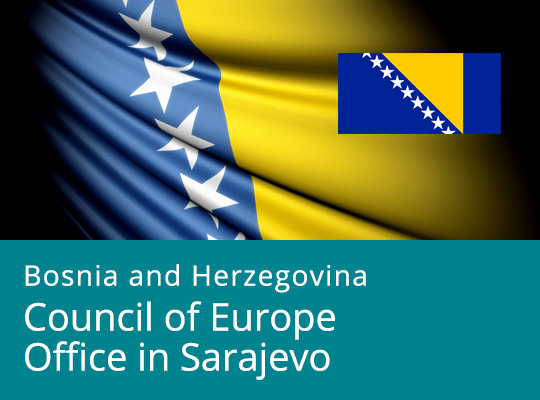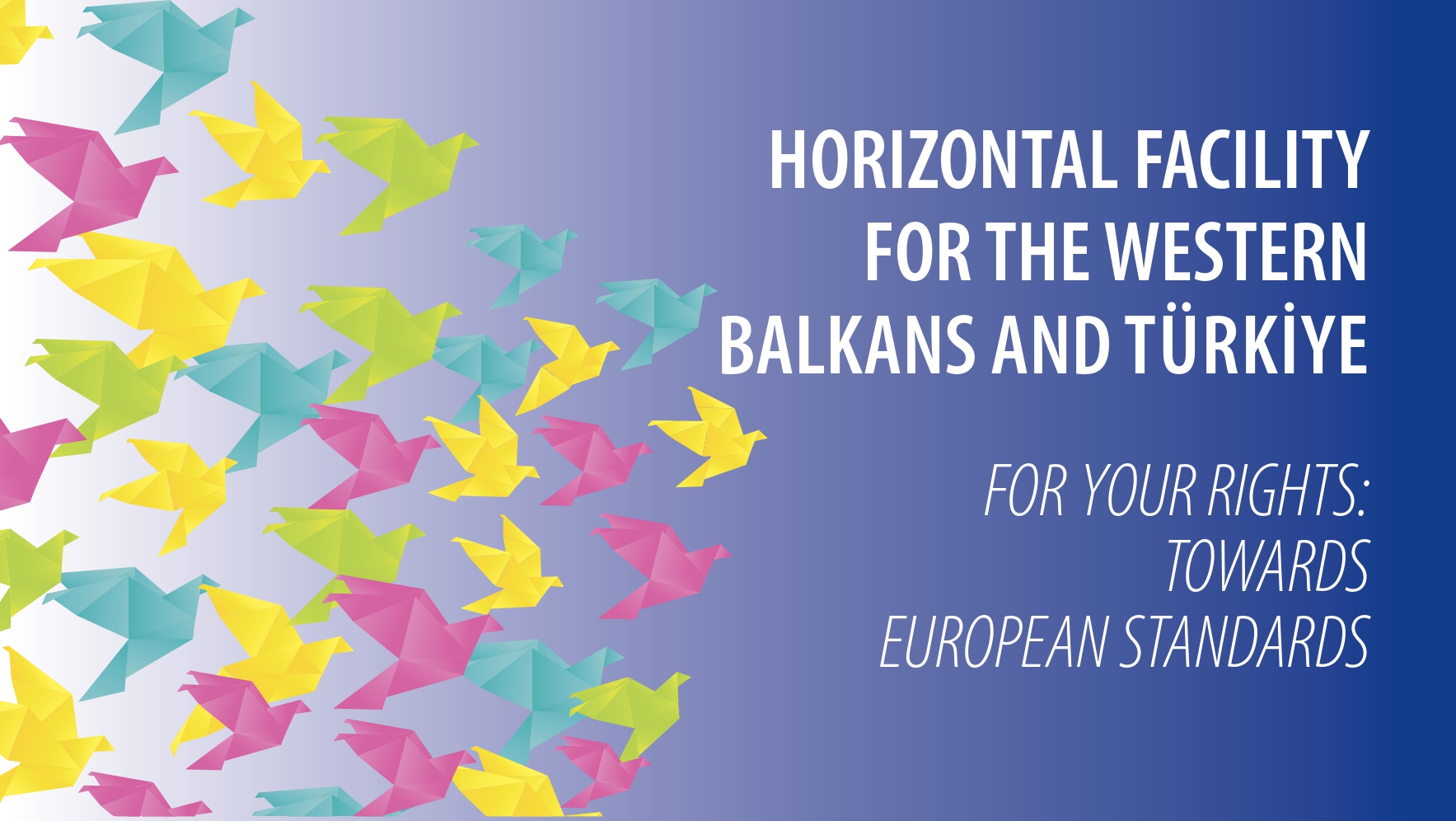"My stay at the shelter during the summer of 2024 truly changed my life. At the beginning of that year, I lost my independence. I was in an environment that did not support me, and looking back now, I realise I was searching for a way out. At a panel discussion, I heard an anonymous letter from a woman who had stayed in a safe house at one point in her life. In that moment, I saw myself in her story. That was the push I needed to reach out to the shelter."
This young individual, who agreed to speak on the condition of anonymity, is one of many who have sought a safe space and psychological support from Bosnia and Herzegovina’s first LGBTI shelter, which is now marking its first anniversary.
The shelter, run by the Wings of Hope Foundation, opened its doors in April 2024, offering a refuge for LGBTI individuals facing violence, discrimination, and family rejection. Over the past year, it has provided not only physical safety but also psychological and legal support, creating a vital space for those in need.
Siniša Sajević, director of the Wings of Hope Foundation, reflects on the journey of the past year citing several things they are proud of. "First, the very fact that our foundation was entrusted with implementing a grant to create a safe space for LGBTI individuals was a milestone,” Siniša said adding that from staff members to volunteers, many have contributed to making the shelter a reality. "Their efforts will always be part of the foundation of this safe house,” he noted and added that they have also received “invaluable support from representatives of the Council of Europe, who have gone beyond the project framework, offering empathy and a shared commitment to securing a safe space for LGBTI individuals".
According to him, one of the key successes of the shelter’s first year has been the positive impact on its beneficiaries but also that “Bosnia and Herzegovina has taken a step forward in ensuring safety for LGBTI individuals, surpassing many of its neighbours in this regard. This is something we are truly proud of," he said.
However, running the country’s first LGBTI shelter has come with its share of challenges- starting with the difficulty of finding a space for the shelter. "One of the first hurdles was bureaucratic in nature. We found solutions by working closely with other safe houses, particularly with Vive Žene Tuzla and Jasna Zečević, whose expertise and advice were invaluable. Another ongoing challenge is securing institutional support from relevant authorities. We are still working on this and hope to see positive results in the future."
Beyond offering physical protection, the shelter provides much-needed emotional support. "Many LGBTI individuals face rejection and isolation from their families, friends, and communities. The shelter provides a supportive environment where individuals can connect with others who understand their experiences, offering empathy, validation, and encouragement, along with professional assistance. Survivors of violence first need a safe space where they feel secure enough to share their experiences and begin processing their trauma. From there, individual needs vary- from finding a job, pharmacotherapy, and medical support needs to legal issues, which we address in partnership with the Sarajevo Open Centre. Our goal is to support beneficiaries in as many ways as possible, helping them recover and reintegrate into the community," Sajević explained.
But, ensuring long-term safety for LGBTI individuals requires a multidisciplinary approach. "Creating a safe house is just one piece of the puzzle. The changes we have seen so far include increased media coverage of LGBTI safety issues, discussions with institutions, and engagement with civil society organisations. While the safe house addresses the consequences of violence, prevention and awareness-raising are equally important. Therefore, our work must go beyond maintaining the shelter- we must continue to spark conversations on safety and bridging the gaps that currently create tensions in our society," Sajević noted.
Looking ahead, the sustainability of the shelter remains a top priority. "Securing collaboration with institutions is crucial, alongside other forms of support such as donations and fundraising events. Networking with NGOs and individuals working with LGBTI communities is also essential. Through a regional conference organised by the Council of Europe and with the support of the European Union, we have connected with safe house representatives from North Macedonia and Albania, whose experience and friendship have been invaluable. In the past year, we have developed project proposals together and will continue to do so in the future," he said.
One year since its opening, Bosnia and Herzegovina’s first LGBTI shelter stands as a beacon of hope, proving that safe spaces can be created even in challenging environments. The work is far from over, but each life it touches is a step toward a more inclusive and accepting society.
The initiative was made possible through a grant under the action “Towards an equal, inclusive and tolerant Bosnia and Herzegovina” which is part of the European Union and the Council of Europe joint programme “Horizontal Facility for the Western Balkans and Türkiye”.







